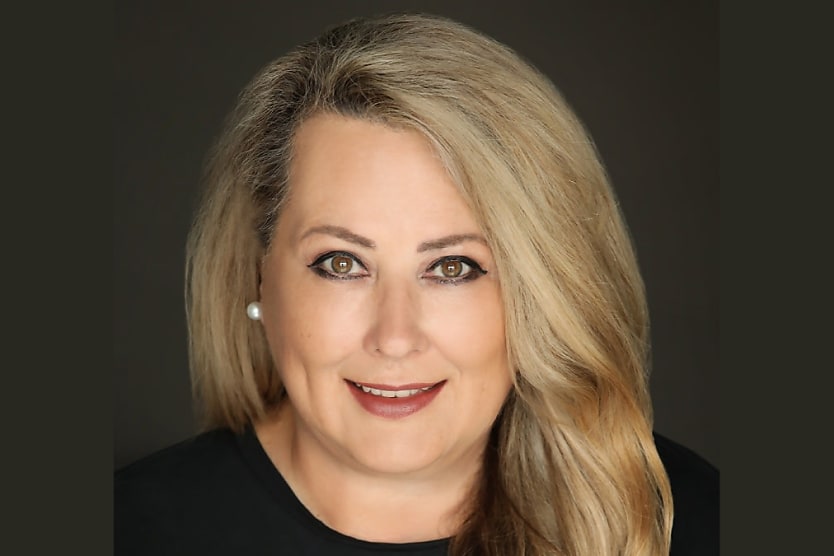Leaders must be prepared for gender pay gap audits
SHARE THIS ARTICLE

The gender pay gap publication date is fast approaching. Organisations must be prepared if they’re to hang onto their image and employees.
As previously discussed by HR Leader, the upcoming Workplace Gender Equality Amendment (Closing the Gender Pay Gap) Act 2023 regulations will require employers with 100 or more employees to disclose gender pay gap data, which will then be published by the Workplace Gender Equality Agency (WGEA).
The first set of employer pay gaps is scheduled to be released on 27 February. With this date only a month away, leaders must be prepared.
WGEA reports that pay gaps will be published by base salary, total remuneration, gender composition, and average remuneration per pay quartile by submission group.
It is reported that 90 per cent of employers with more than 100 staff will comply with the legislation, equating to almost 5,000 organisations and representing close to 5 million workers.
Employers can prepare for the upcoming changes by asking themselves these seven questions:
- What is our company’s stance on gender equity?
- What is the gender pay gap, and how is it different to equal pay?
- How do we compare to the Australian average (21.7 per cent)?
- How do we compare to other employers in our sector?
- To what do we attribute our gender pay gap (and any significant difference to others in our sector)?
- What are we doing to narrow our gender pay gap?
- How will we report and provide updates on our progress to demonstrate our commitment to gender equity?
Jaci Burns, managing director of Market Expertise and member of the NSW board of the International Association of Business Communicators, believes that many employers will neglect to prepare gender pay gap communications for their internal and external audiences, potentially landing them in hot water with stakeholders.
“These could be the most important corporate communications a company issues in 2024. Employers would be naive to think there will not be acute interest in the WGEA list. If employers are not in control of the narrative, they will miss an opportunity – or pay the price,” said Ms Burns.
Furthermore, employers can stand to alienate themselves from their workers, who may feel cheated as a result. This is why education around the topic is also extremely important.
“If employers don’t help workers to understand how the gender pay gap is calculated, what it represents, and why it is what it is, their employees may draw the wrong conclusion and form a negative opinion about their employer. In what is still a tight labour market, workers who believe their company unfairly treats women could walk, and rivals will be quick to pounce,” Ms Burns explained.
“If a sizeable employer is not listed, it’s probably in breach of the legislation. That organisation’s employees, customers, suppliers, and other stakeholders will question why. The assumption they may make is that the company has something to hide.”
RELATED TERMS
The term "gender pay gap" refers to the customarily higher average incomes and salaries that men receive over women.
Jack Campbell
Jack is the editor at HR Leader.

